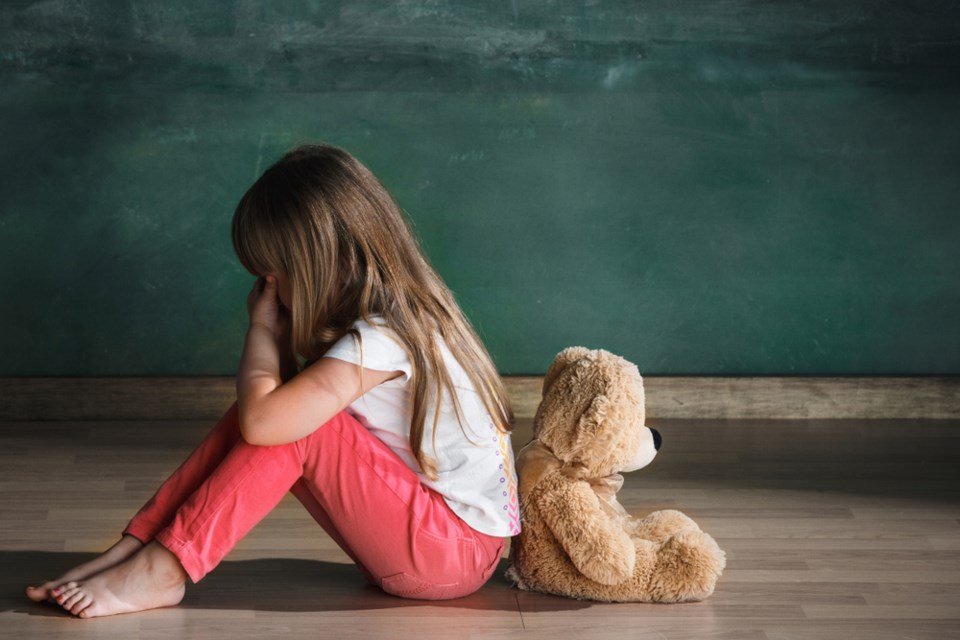Fighting cabin fever when you’ve got children is usually reserved for rainy days in the summer or the one day of the year North Texas gets snow. However, the recent concerns over the coronavirus outbreak is presenting a new, challenging level for families besides just keeping them occupied.
“What’s different now is they can’t go out with friends or go to the movies and parks and families are now being asked to stay at home and isolate and not hang out with friends,” says Dr. Nicholas Westers, a clinical psychologist for children and adolescents at Children’s Medical Center of Dallas and an associate professor at the University of Texas Southwestern Medical Center. “There’s only so many movies and you can only read so many books and the kids are getting antsy.”
This time, families are stuck at home with no discernible finish line. Doctors and disease experts are advising people to isolate and distance themselves from other people as much as possible to keep the virus from spreading. The goal is not only to keep people safe and prevent the virus from infecting people who are most vulnerable to it such as the elderly and the immuno-compromised. Due to the ease at which the coronavirus can spread, the goal of these measures is to also to keep the number of infected cases as low as possible so health care entities and forces are not overwhelmed, according to the Centers for Disease Control.
No one really seems to know how long we’ll need to stay indoors and stay away from each other to keep coronavirus from spreading too far. Dallas and Plano recently extended their state of emergency declarations until the end of April, closing all bars, restaurants (in-person dining), theatres, and more places where groups of 10 or more gather. Other cities and counties are following their lead.
Westers claims this situation can have a profound psychological effect on children and adolescents. “What parents are challenged with now is how do they keep their child entertained but productive and less anxious,” he says, “especially when they’re leaving home and are cautious about having children around and not contributing to the problem with spreading germs.”
There are things parents can do to prepare them for the reality of the situation without overwhelming them depending on the age of the child.
“For instance, toddlers are just gonna be looking to their parents on how to respond whether it’s a stressful situation or an anger provoking situation,” Westers says. “For the younger children, what they really need to know is how are my parents dealing with this so I can feel safe. Children are always taking cues from their parents on how to manage ourselves and deal with stress. Parents are needing to prioritize self care in order to take care of their children.”
Children in elementary school may be more aware of the situation because of their access to media sources, but Westers suggests parents keep an eye on what and how much they consume. “Oversharing could result in the child having to filter that information on their own and come to their own conclusions, which could be far worse,” he says. “One example I think of is children hearing how that coronavirus may affect older individuals than younger people and parents may share that to ease their child but does the child understand what elderly mean? Younger children may walk away hearing that it may cause death and they may think that anyone who gets it ends up dying even though that’s very rare.”
Adolescents may be able to understand the reality of the situation than younger children but they are at an age when they are “anxiety prone” and still may not “see it as huge of a problem as it is a great inconvenience,” Westers says.
“Their focus needs to be showing how they can protect others,” he says. “What I’m saying and I work with adolescents a lot and knowing what I do about adolescent development, their independence is what’s important to them right now. So it’s great that they’re not in school but I want to go hang out with friends and I don’t want to keep washing my hands. When they hear the message that they need to stay home and there is no school and they’re very bored, they can feel their rights are being restricted.”
Westers says the key with adolescent children is to focus on “what they can do.”
“If parents couch the message to teens that it isn’t about taking away your rights but how you can help get through this pandemic, altruism is better than coercion,” he says.
It’s also easy for parents to forget the importance of taking care of themselves during this harrowing time. Westers says it’s just as important for the grown ups to eat healthy meals on a consistent basis, take time to relax and sleep, get some exercise and limit the family’s media exposure.
“We can all show a little bit of grace to ourselves and our kids,” Westers says. “It’s a stressful time for everyone and as we aim to take care of ourselves and our kids, we can extend some patience and grace to our kids and ourselves.”




